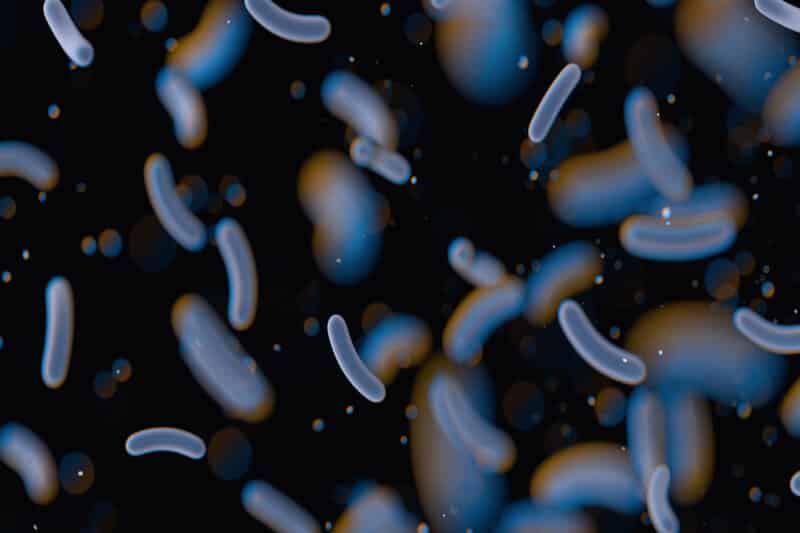In food manufacturing plants antimicrobial treatments are a necessity to maintain clean and hygienic premises and production.
The manufacturing of products intended for human consumption is regularly inspected to make sure that businesses meet New Zealand’s strict hygiene standards. It is critical to ensure your plant or manufacturing equipment is kept s up to date with these standards with regular antimicrobial treatments.
This guide is all about antimicrobial treatments – what they are, who they are for, and how they work.
What is an antimicrobial treatment?
An antimicrobial treatment is the application of specialised chemicals that act to remove all bacteria on a range of surfaces including biofilm. The types of microorganisms and bacteria that require antimicrobial treatments can’t be seen with the human eye.
Biofilm (microorganisms and bacteria) is hazardous and needs specialty chemicals to kill and remove them. The application of antimicrobial treatments is a vital part of any business’s hygiene plan.
New Zealand has specific regulations and codes of practice for any business in the food manufacturing industry.
What is biofilm?
Biofilm is the hazardous growth of bacteria. Biofilm is made up of a collection of microorganisms that stick together and begin to grow over surfaces. Bacteria, fungi, and other microorganisms form biofilms, e.g.pond scum is considered a biofilm. So it is definitely something you do not want on your machinery or manufacturing equipment – or anywhere else for that matter!
Biofilm can and will grow anywhere – underground, above ground, and even in water.
Biofilm starts to grow when a free-floating microorganism settles on a surface, just like a seed, it begins to put down roots and starts to grow over the surface.
Microorganisms attach themselves through an extracellular polymeric substance (EPS) which is a substance made up of protein, sugar, and nucleic acids. Once this biofilm becomes established they ‘reseed’ and clumps break off and begin to form on other surfaces.
Biofilm is hazardous to human health.
The treatment of biofilm needs a professional technician to apply treatments properly, it is not something that should be done by yourself.

Where are antimicrobial treatments applied?
Any surface like walls, ceilings, benches, and handles are prone to biofilm and microorganism growth.
Whether the surface is wood, tile, painted, and/or even metal surfaces are all prone to bacterial growth.
The airborne or free-floating microorganisms can inhibit and settle on such a wide range of materials and surfaces, food manufacturing machinery and equipment needs to be treated with antimicrobial treatments as well.
How do I find out more about antimicrobial treatments?
Our team specialise in antimicrobial treatments. We have expert technicians who can apply treatments to a range of surfaces in commercial and industrial premises that include:
- Brewing factories
- Wineries
- Bakeries
- Meat and poultry processing plants
- Dairy factories
- Snack manufacturers
- And much more
Get in touch with us today to find out how our antimicrobial treatments work.
Why choose us?
We pride ourselves on high-quality workmanship, professionalism, and a strong commitment to health and safety.
Rapid Facility Services is PREQUAL qualified and our staff are highly trained in all aspects of commercial and industrial services.
Our motto is: We will do whatever others can’t or won’t do.
We offer a wide range of services to all industrial and commercial businesses.

